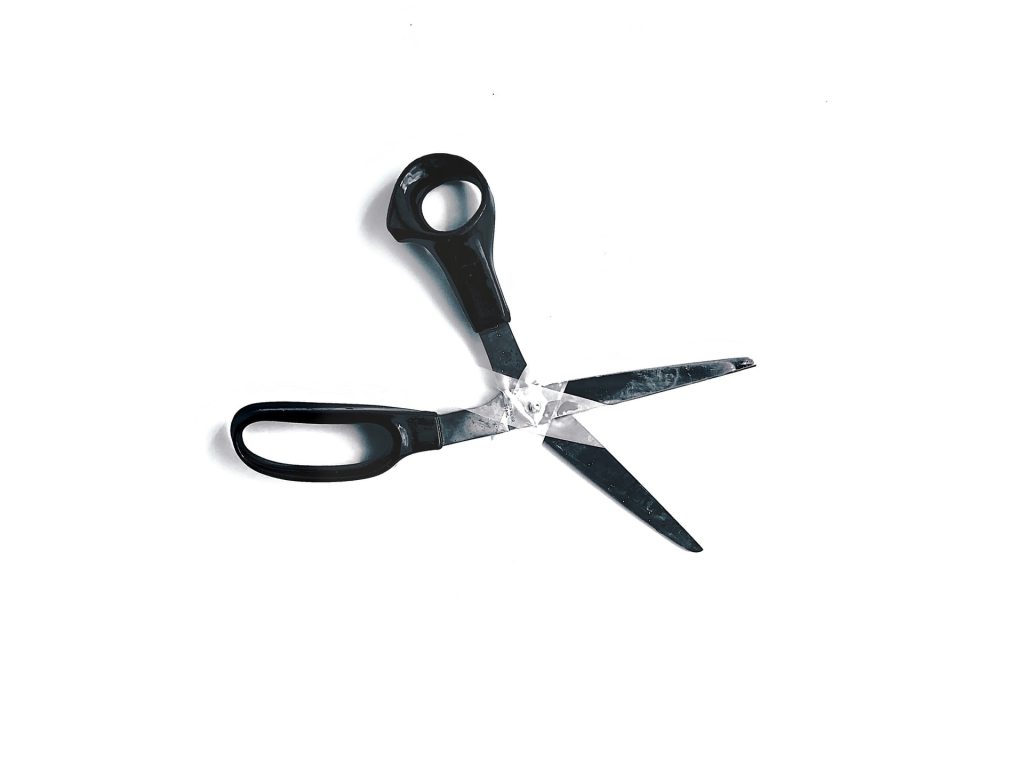Every business owner’s dream is to have a successful business that is free from financial hiccups. However, fund mismanagement happens, and one of the biggest challenges small businesses face is mishandling cash flow. Every veteran business owner swears that the first few years of any business are pivotal to its development.
You will be faced with a lot of challenges and obstacles, one of which is finance management. Being in a stable financial state will be one of your biggest business owners insurance for sucsses. Your ability to master this area of your business will go a long way in determining your business’s long-term success and survival.
Top Tips on Smart and Convenient Ways of Managing Your Business Finances
1. Make a Budget and Stick to It
Budget-making is a crucial step in ensuring that your business thrives. It is the act of planning how you want to spend your money. It is a conscious attempt to prevent impulsive spending and to purchase only what is needed.
Your budget should be flexible and open to review periodically. It is not enough to create a budget alone. You also need to implement and follow it invariably.
2. Track Your Income and Expenses

Tracking your income and business expenses will save you a lot of waste and confusion. As a business owner, you probably have different accounts; checking, saving, and credit accounts. You need to monitor your expenditures from each account to keep track of the money’s movement, and there are different tools to help you track everything.
For example, there are online tools available that break down your employee’s payrolls automatically, with previously set up variables, of course. The team at pay stub maker suggests monitoring your funds to stay on top of account balances. When you follow your business financial trends, you will tell what your assets and liabilities are.
3. Keep Your Business Account from Personal Account
It is common among business owners to use the money generated from their business to cater to their personal needs. The problem with this practice is once you start, it is difficult to stop.
It can put a massive dent on your finances and lead to disorganization, unaccountability, and inability to track the revenue generated from your business
4. Cut Down on Expenses and Increase Revenue

This tip is vital if you are a small company. You need to cut down on your expenses and maximize your revenue. Do thorough research and invest in products with a high return on investments (ROI) because they are more sensible and worth continuing with than those that end up as bad investments. Leverage the use of coupons and discounts to encourage more people to patronize your products.
5. Take an Introductory Accounting Course
Taking an online course or attending a local college to study a course in basic accounting will help you keep abreast with what is going on in the financial aspect of your company. Not only will it help you understand the cash flow of your business, but it will also help you make intelligent financial management decisions.
6. Avoid Using a Credit Card

Don’t; it’s a trap! That’s right, refrain from using a credit card as much as possible, especially if you are an impulsive spender. Even if you qualify for one, it doesn’t mean you should use it.
You will turn to those credit cards when you run out of cash, and there is no telling you won’t be tempted to purchase what you do not need.
7. Commit to Being Frugal in Your Spendings
Ensure that you are getting the best deals for all your purchases. Cash in on discounts, coupons, products, and services with the lowest prices. Research how to get cheaper alternatives.
8. Invest, Invest, Invest
Investments aren’t only for individuals looking to create retirement income. Businesses should invest as well to ensure their long-term success during lean times. Mix your investments between conservative mutual funds and more volatile investments like cryptocurrencies. If you never end up needing those investments for cashflow you can always cash in for extra retirement as a business owner.
Conclusion
By and large, the critical factor to making intelligent financial management decisions is to be disciplined and focussed, and you will thank yourself for it.
Owning a business, managing finances, and dealing with day-to-day challenges are challenging. Therefore, you need to work smartly to succeed and run smoothly lest all your efforts go down the drain.




